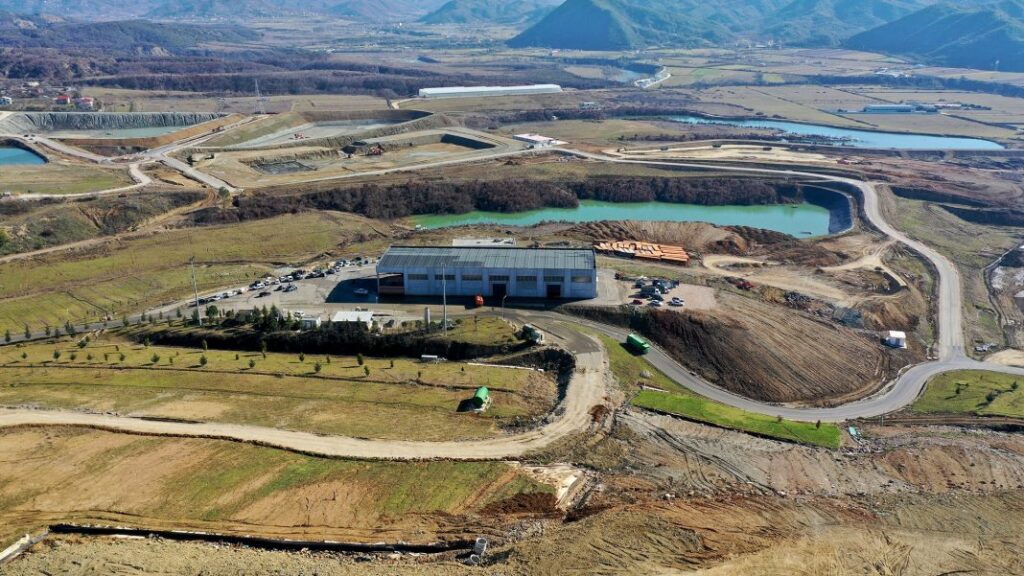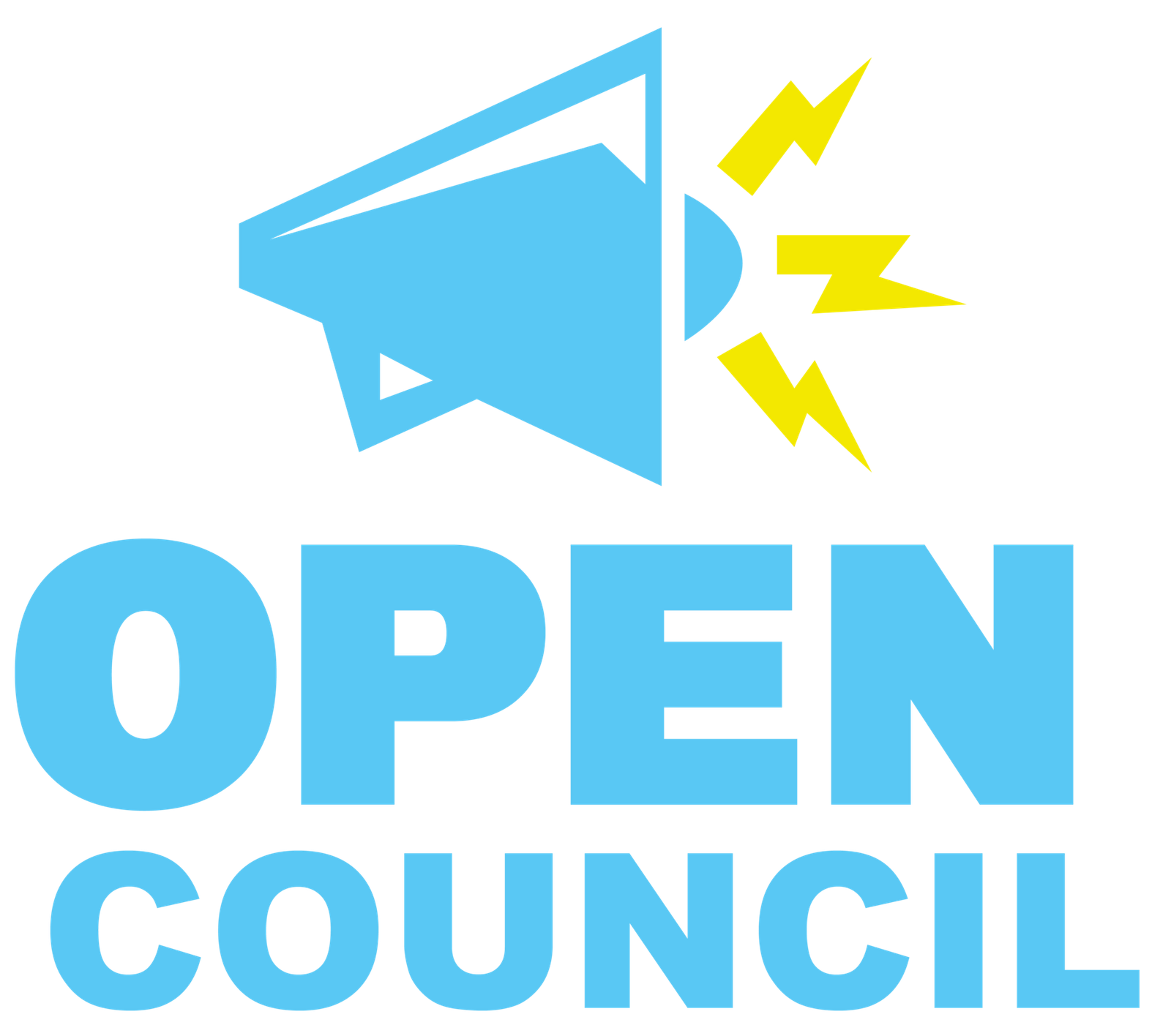By Pieter Ziegler

Delish Nguwaya’s Albanian partner in the Geo-Pomona Waste project, Meril Mertiri, had his waste to energy project seized by an anti-corruption body in his country.
The Albanian Special Prosecution Against Corruption and Organized Crime (SPAK) concluded that the project was a product of corruption.
SPAK decided to seize the incineration plant located in the Albanian capital after investigations which revealed a raft of illegal.
SPAK established that Mirel Mërtiri and one Klodian Zoto, are the “de facto” owners of the company “Integrated Energy BV.SPV”.
The company had won the concession contract for the construction of the Tirana incinerator and landfill.

Mërtiri and Zoto were also found as “de facto” owners of parent company, established in the Netherlands , “Integrated Energy BV”.
It was later changed to “Geogenix BV”.
It is Geogenix BV which has partnered with Nguwaya in the US$320 million Zimbabwean deal.
Mertiri’s Crimes
SPAK alleged that Zoto, in collaboration with Mërtiri, benefited from falsely invoiced tax amounts, totaling 409,428,000 Albanian lek.
The two allegedly presented and declared forged invoices for work allegedly carried out through another company, “Integrated Energy Services.
The company was presented as a subcontractor of the concession company “Integrated Energy BV.SPV”.
According to SPAK, they used other individuals and companies to conceal their ownership of the concession company “Integrated Energy BV.SPV”.
“At the time of issuing these forged invoices, it is proven that the “de facto” shareholders were Klodian Zoto and Mirel Mërtiri.
At the conclusion the anti-corruption body decided to seize the newly built incinerator in the Albania capital city, Tirana.
“The anticipated investment of the entire project is 128,248,330 euros (devoid of taxes).
Some Success in Harare
However, Mertiri and his Zimbabwean partner, Nguwaya, have been notching some positive wins in Harare.
With support from central government, the US$320 million deal has been pushed through.
However, the primary gripe is why Harare should pay $40 for every tonne of waste delivered to its own dumpsite.
Critics say it should be the other way around: the firm should pay the city for the waste.
Under the contract, Harare is obligated to supply a minimum of 550 tonnes per day and pay $22,000 in 2022.
In 2023, the tonnage will increase to 650 per day – translating to a daily sum of $26,000 due to Geogenix.
The city is obliged to deliver 750 tonnes per day and pay Geogenix $30,000 daily in 2024.
In 2025, the city will be expected to pay $34,000 for daily delivery of 850 tonnes of waste.
The quantity will increase to 1000 tonnes daily in 2026, translating to daily income of 40,000 for Geogenix.
Nothing On The Ground
However, despite these successes not much has happened at Pomona in terms of building the waste to energy plant.
Asked this week what they had managed to do so far, Nguwaya essentially revealed that nothing has been done.
“The project is in its second year and targets that have been set are being met.
“A weighbridge was installed in February 2023.
Trucks coming on site to dispose of waste go through the weighbridge and weights are recorded.
“Details of types of waste, where the waste is coming from, weight of the waste, company disposing of waste, name of driver, truck registration details and time are recorded.”
As President Mnangagwa this week attended the ground-breaking ceremony for the waste-to-energy project at Pomona it’s instructive how others are arresting the same players.
